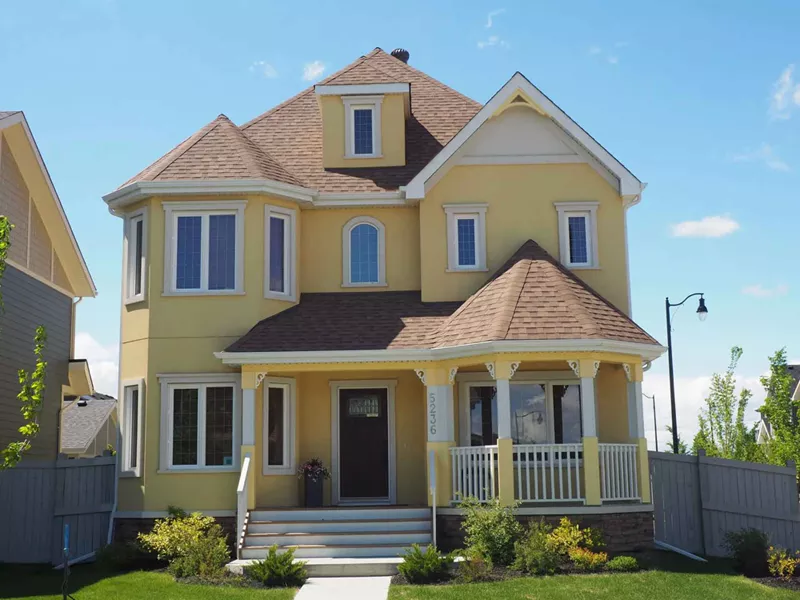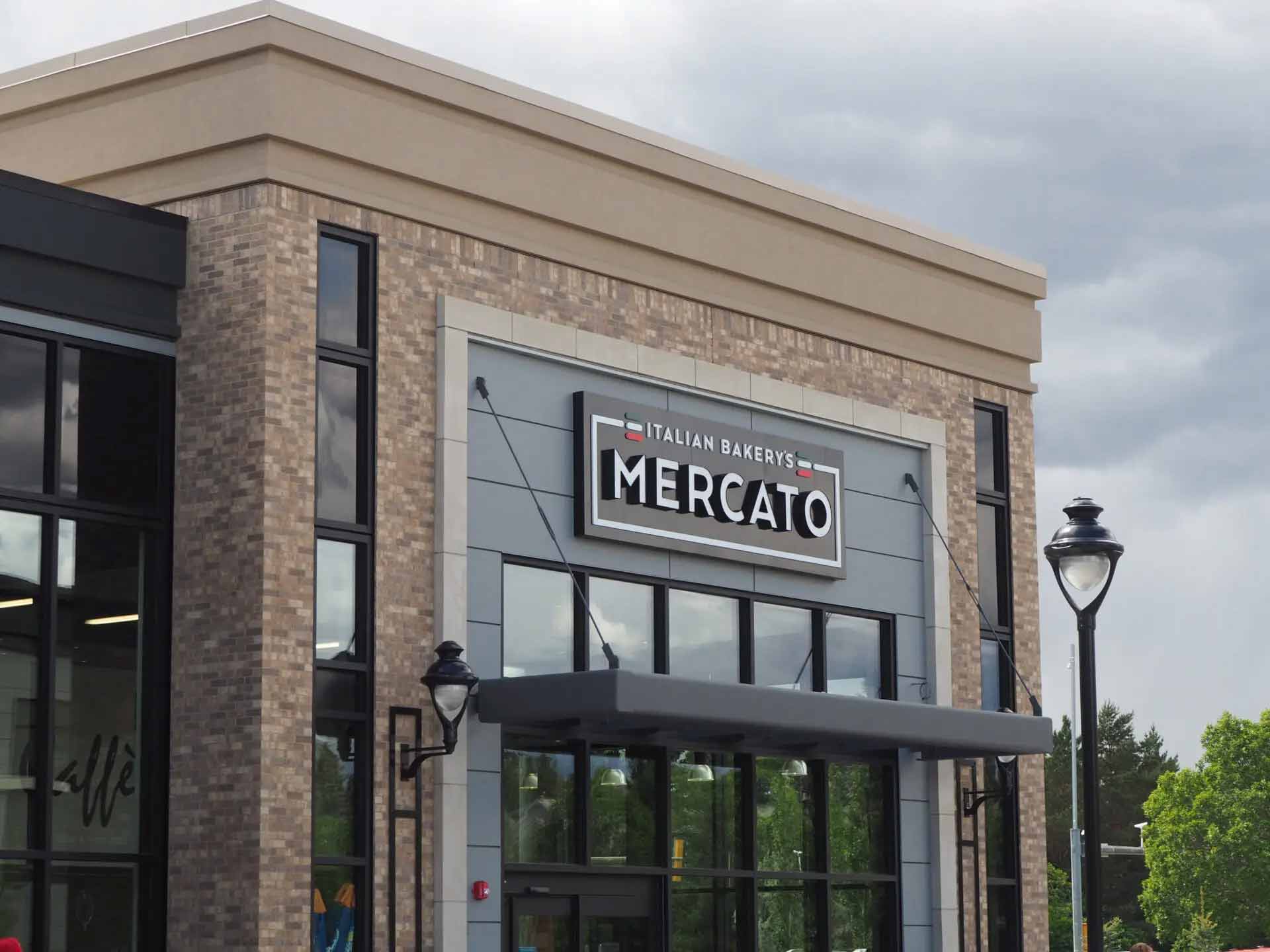
Selecting the Best Type of Stucco for Your Home's Exterior Walls
Introduction
When it comes to enhancing your home's curb appeal, few choices are as impactful as selecting the right exterior finish. One popular option that has stood the test of time is stucco. Known for its durability and versatility, stucco can be a fantastic choice for homeowners looking to revamp their exteriors. However, with various types of stucco available, how do you decide which is best suited for your home? In this comprehensive guide, we'll explore everything you need to know about selecting the best type of stucco for your home's exterior walls.
Selecting the Best Type of Stucco for Your Home's Exterior Walls
Stucco is an age-old method employed in building construction, known for its ability to create beautiful and lasting façades. The selection process involves understanding various stucco types, installation methods, and maintenance practices. Here’s what you should keep in mind:
- Definition
- Composition
- Historical significance
- Traditional Stucco
- Characteristics
- Benefits
- Synthetic Stucco (EIFS)
- Characteristics
- Benefits
- Cement-Based Stucco
- Characteristics
- Benefits
- Climate conditions
- Personal aesthetic preferences
- Budget considerations
- Choosing the right professional
- Questions to ask potential contractors
- Importance of experience and references
Why Choose Stucco Over Other Materials?
Stucco offers several advantages over other exterior materials like vinyl siding or wood panels.

- Durability: It withstands harsh weather conditions.
- Energy Efficiency: Provides insulation benefits.
- Versatility: Available in various textures and colors.
Common Types of Exterior Stucco
Traditional or Hard Coat Stucco
Traditional stucco is made from a mixture of cement, sand, and lime. This robust material is applied in multiple layers.
Synthetic or Exterior Insulation Finish System (EIFS)
This type comprises a foam board insulation covered with a thin coat of acrylic polymer-based stucco.
Depend Exteriors Edmonton stucco
Cement-Based or Pre-Mixed Stucco
Cement-based stuccos come pre-mixed and are easier to apply.
How to Choose Between Different Types of Stucco?
When deciding on the best type of stucco for your home’s exterior walls, consider these factors:
- Local Climate: If you live in an area with extreme weather fluctuations, traditional stuccos may provide better insulation.
- Design Preferences: Different textures can create varying aesthetics; choose one that complements your home’s architecture.
Cost Considerations When Installing Stucco
Costs can vary depending on several factors:
Finding Reliable Stucco Contractors Near You
Searching online using keywords like “stucco repair near me” or “stucco companies near me” can help you find qualified professionals in your area. Ensure that you check reviews and request quotes before making a decision.

The Importance of Proper Installation
Proper installation is crucial for maximizing the longevity and performance of your stucco exterior. Incorrect application can lead to issues such as cracking or moisture intrusion.
Stucco Repair Options Available
Over time, even the best-installed stuccos may require repairs due to wear and tear.
1. Minor Repairs
These include small cracks that can be easily filled using specialized compounds.

2. Major Repairs
If significant damage occurs, it may necessitate reapplication over large sections.
Stucco Painting: Enhancing Aesthetics and Protection
Once your stucco is installed, consider painting it to achieve a fresh look while also adding another layer of protection against moisture and UV damage.
Maintaining Your Stucco Wall: Tips & Tricks
Regular maintenance will extend the life span of your stuccos:
- Regularly inspect for cracks or damage.
- Clean surfaces periodically.
- Ensure proper drainage systems are in place around your foundation.
FAQs About Selecting the Best Type of Stucco for Your Home's Exterior Walls
1. What type of stucco is best for humid climates?
For humid climates, synthetic EIFS might be suitable due to its moisture-resistant properties.
2. How long does a typical stucco installation last?
A well-maintained traditional stucco installation can last up to 50 years or more.
3. Can I paint my existing stuccos?
Yes! Use high-quality elastomeric paint designed specifically for use on masonry surfaces.
4. How can I find reputable "stucco repair near me"?
Search online directories or local listings and read customer reviews before selecting a contractor.
5. Is synthetic stuccio worth it?
While synthetic options can be more expensive upfront, they often offer better energy efficiency long-term due to their insulative properties.
6. Can I install stuccos myself?
While DIY installations are possible, hiring experienced "stuco contractors" ensures professional quality work with fewer long-term issues.
Conclusion
Selecting the best type of stuccio for your home's exterior walls requires careful consideration regarding materials, climate conditions, budget constraints, and maintenance needs. With numerous options available today—from traditional hard coat options to modern synthetic alternatives—there's something that can suit every homeowner's unique requirements perfectly!
Don't forget about finding skilled professionals who specialize in this field as they will guarantee quality workmanship tailored just right so that when people ask about “exterior companies near me”, you'll be proud enough to show off what you've accomplished!
By adhering closely to this guide on "Selecting the Best Type of Stuco for Your Home's Exterior Walls", you're setting yourself up not only for aesthetic satisfaction but also enduring quality that will stand strong against time!